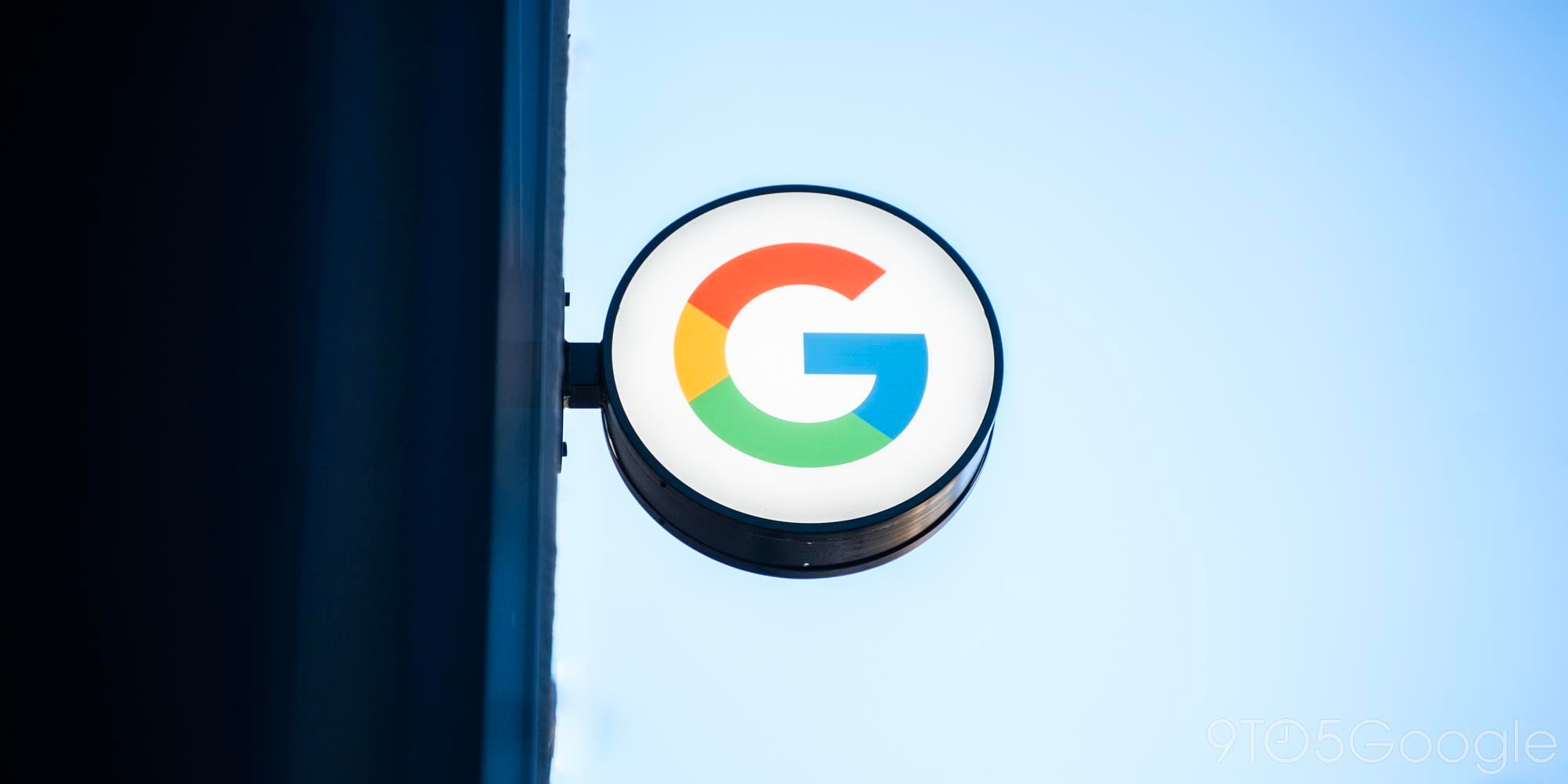

Google Chrome has a neat experimental mode called Data Saver that, when enabled, will purportedly cut your browser bandwidth usage by up to 50%. You can download a beta of Data Saver from the Chrome Web Store. Now the browser tool has a new ability in the dev channel build of Chrome to replace images.
Chrome evangelist and ex-leaker François Beaufort shared the info to Google+, explaining that Data Saver mode is intended for mobile users on very low bandwidth networks. It works by sending your requests to visit a site through Google server’s which then runs the webpage through a compression technology (more info here) that removes anything that isn’t crucial to the webpage. Data Saver Lo-Fi, a flag that can be enabled for Data Saver, specifically removes images, replacing them with placeholder colorful graphics, and the images can be forced to load by long tapping one of the placeholders and pressing “Load image.” Google recently began rolling out the Data Saver compression technology to Android users in India and Brazil, both emerging markets where data reception is still spotty and unreliable. The technology only works on sites requested over HTTP, so sites where HTTPS is required won’t be compressed.
To enable Data Saver in your desktop version of Chrome you first need to switch your version of the browser to the developer channel (instructions here), install the Data Saver extension, and then visit chrome://flags/#data-reduction-proxy-lo-fi and toggle “Data Saver Lo-Fi mode” to “Always on.”
Typically desktop users already use much more bandwidth than mobile users, and this tool won’t be as big of a deal for those in developed nations with high caps on their broadband usage, but it could come in handy in places like hotels or on in-flight WiFi where data is either capped really low or just slow, or both. Some may be wary to use the tool, however, as it sends the pages you request to Google’s servers for modification before they reach the user.
FTC: We use income earning auto affiliate links. More.




Comments